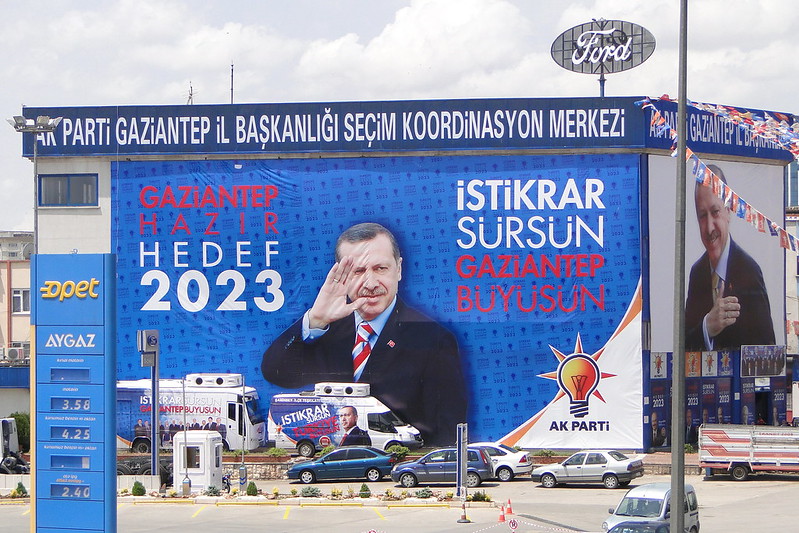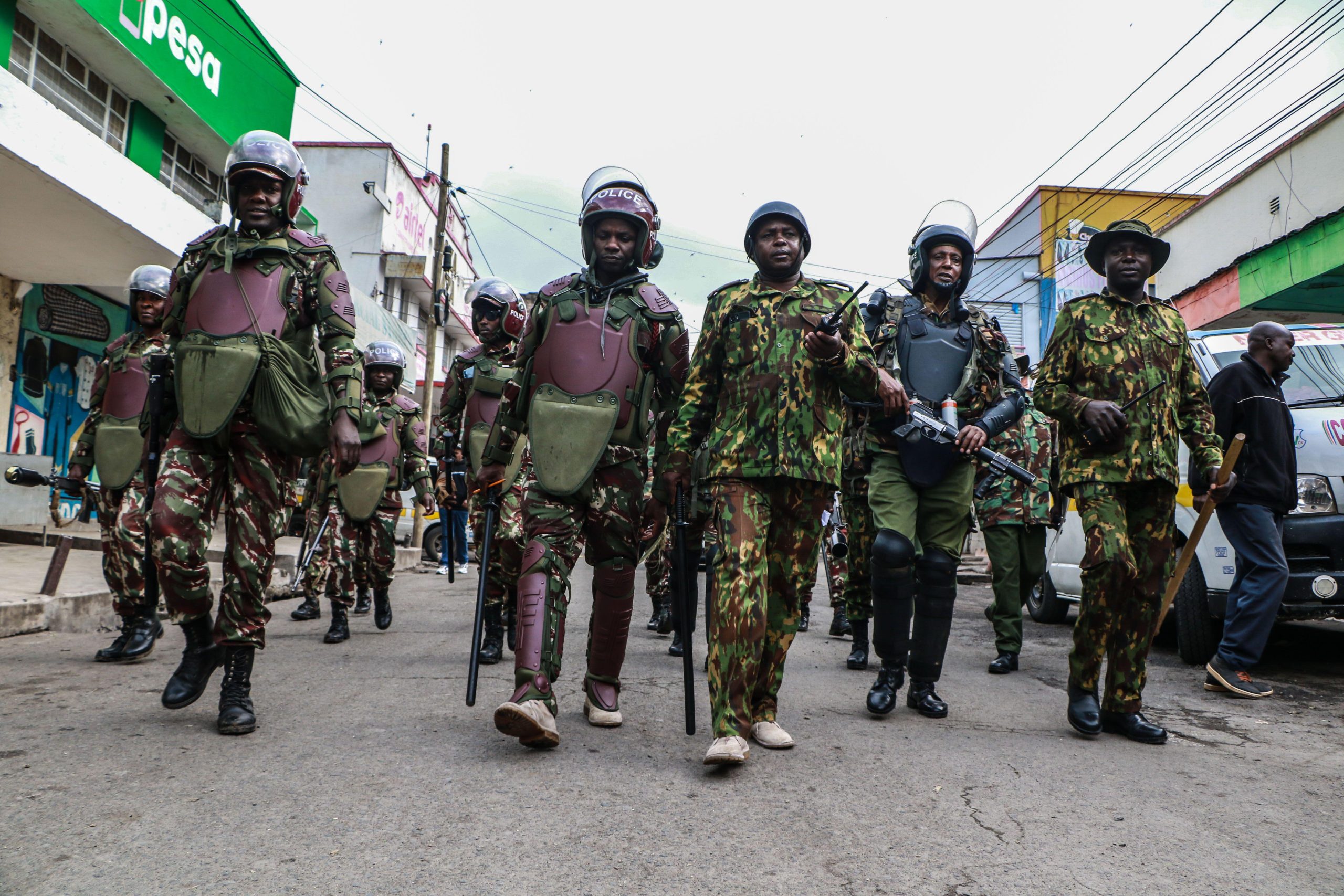The country’s human rights landscape has disintegrated since Erdogan took over in 2003
Turkish citizens are heading to the polls this Sunday to vote in the most fiercely contested election in years. Recep Tayyip Erdogan, who came to power in 2003, is fighting for his political survival amid economic turmoil and wrath over the handling of the February earthquakes. He is being challenged by Kemal Kılıçdaroğlu, a retired bureaucrat who is backed by a six-party National Alliance.
One month before the elections PEN Norway’s Turkey adviser travelled to Istanbul to interview 11 representatives of the major political parties (including Erdogan’s) and question them on issues surrounding free expression in Turkey.
The interviews, which they shared with Index, are a sobering look at how Turkey’s human rights landscape has disintegrated in that time (with the exception of Bülent Turan, from Erdogan’s Justice and Development Party, who goes as far as denying that any journalist is in prison because of their work). The testimonies are tied together by common threads – what attacks have happened and how they have happened (very much over time, not linked to just one single moment or one single piece of legislation). The rule of law comes up time and again. “There is no rule of law in Turkey anymore and the independence of the judiciary has been destroyed,” Dr. Canan Kaftancıoğlu, the Istanbul regional chair of the Republican People’s Party, says bluntly.
They are, unsurprisingly, most damning of Erdogan himself. The lawyer Bahadır Erdem, vice chair of the Iyi Party, one of the most important components of the National Alliance, says Turkey is being ruled by “a one-man regime” and this “system has pushed our country into dire straits”.
But the interviews also strike a note of optimism, a sense that all is not lost. Strong grassroots organisations still exist, as lawyer Züleyha Gülüm, MP for the People’s Democratic Party, points out. And these grassroots organisations, combined with an alliance that has come together around a commitment to improve rights, mean that Turkey’s fate could all change this weekend. Bülent Kaya, legal affairs chairman of the Saadet Party, said that if the National Alliance is successful “everyone will breathe a sigh of relief”. Erdem said: “Once we amend the constitution, an independent judiciary will follow. The press will be independent. We will fully implement the freedom of opinion of individuals. People will be completely free both in social media and as an author in the works they create and write, as an artist in the films they shoot, in the works of art they act in, in the works of art they create. This is the sine qua non of democracy. It’s as natural as breathing.”
Below we share one of the interviews in full, a powerful testimony from Zeynep Esmeray Özadikti, a trans woman who is candidate for MP from Turkey’s Worker Party. She outlines the immense struggles faced by those who are LGBTQI and by women.






